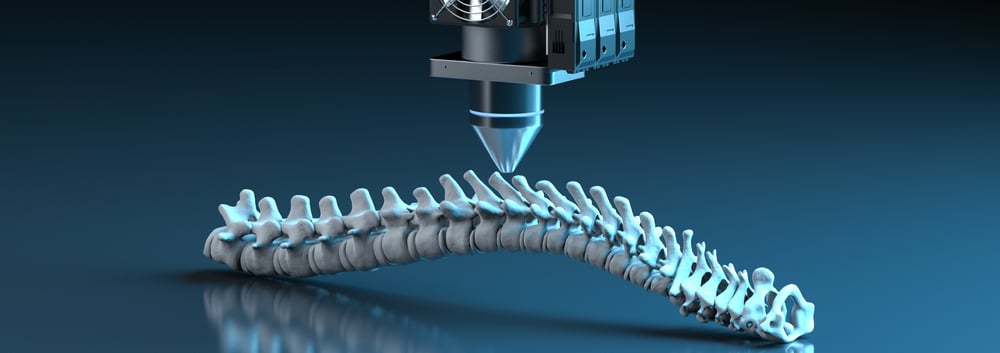The Future of Healthcare: The Impact of Artificial Intelligence, Big Data, and 3D Printing
From artificial intelligence and big data to 3D printing, these advancements are revolutionizing the way healthcare is delivered and will play a major role in shaping the future of healthcare.
Nida ADIYEKE
2/8/20232 min read
The Future of Healthcare: The Impact of Artificial Intelligence, Big Data, and 3D Printing
The healthcare industry is going through a major transformation and technology integration is playing a vital role in shaping its future. From artificial intelligence and big data to 3D printing, these advancements are revolutionizing the way healthcare is delivered and will play a major role in shaping the future of healthcare.
Artificial Intelligence (AI)
Artificial intelligence (AI) is one of the most exciting developments in healthcare. Artificial intelligence algorithms can analyze massive patient data and medical records to diagnose and treat diseases more accurately and efficiently. AI can also help personalize treatment, allowing doctors to make informed decisions based on a patient's individual medical history and needs. In the future, artificial intelligence is likely to play an even greater role in healthcare, potentially revolutionizing the way medical diagnoses, treatment development, and patient care are done.
Big Data
Big data is another technology transforming healthcare. The massive amount of medical data generated every day has the potential to provide new insights into disease prevention and treatment. Big data analytics can help identify patterns and correlations in patient data, leading to discoveries and improved treatments. In the future, big data may play a more important role in healthcare, helping to personalize medicine and improve patient outcomes.
3D Printing
3D printing is another technological advancement that is transforming the healthcare industry. The technology enables the manufacture of custom prosthetics, implants and surgical instruments, reducing the cost and time required for traditional manufacturing processes. 3D printing can also create intricate structures such as replacement bones and organs, improving patient outcomes and reducing recovery times. In the future, 3D printing may play an even bigger role in healthcare, as it has the potential to revolutionize the way medical devices and implants are manufactured and used.
To sum up, the integration of artificial intelligence, big data, and 3D printing will have a profound impact on the future of healthcare. These technologies have the potential to revolutionize the way medical diagnosis, treatment development, and patient care are performed, resulting in improved patient outcomes and a more efficient healthcare system. The future of healthcare is bright, and these technologies will play a major role in shaping it.


Location
Bursa / TURKEY
İstanbul / TURKEY
Podgorica / MONTENEGRO


Healthcare Manegement Constultation
© 2023 Nida ADIYEKE All rights reserved. Powered by NestHeal
